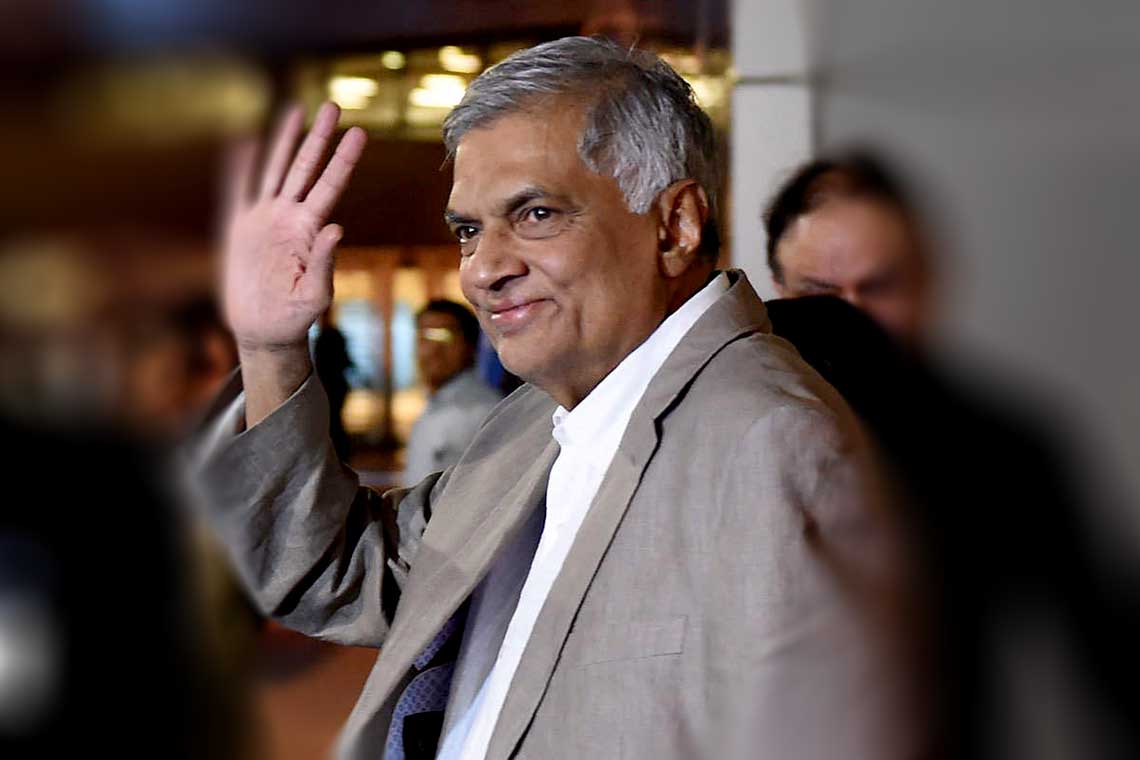Dr. Nihal Jayawickrama, former Sereterey of justice has highlighted concerns regarding a proposed Bill by the Government to amend the Constitution, aiming to align Article 83 with the changes brought by the 19th Amendment to Articles 30(2) and 62(2). He argues that this proposal is entirely unnecessary and lacks any logical constitutional basis, suggesting that there might be a hidden, possibly more sinister or Machiavellian motive behind it.
The 1978 Constitution, in Article 30(2), stipulated a six-year term for the President, and Article 62(2) set the same duration for Parliament, unless dissolved earlier. Article 83 lists 13 Articles, including these two, that can only be amended with a two-thirds parliamentary majority and a public referendum. However, Article 83 is only triggered if an amendment extends the President’s or Parliament’s term beyond six years.
In 2015, following the presidential election, the 19th Amendment was passed, reducing the President’s term and Parliament’s duration to five years. This Bill, presented by Prime Minister Ranil Wickremesinghe and approved by the Supreme Court, did not require amending Article 83 because it aimed to reduce, not extend, these terms.
Hidden Agenda
Now, nine years later, the Government seeks to amend the Constitution again, specifically to replace “six years” with “five years” in Article 83. Dr. Jayawickrama questions the rationale behind this, as the Supreme Court has recently reaffirmed the legitimacy of the 19th Amendment. He finds the timing—just before the expensive and disruptive presidential election—particularly perplexing.
In the absence of a clear explanation, Dr. Jayawickrama speculates on a possible ulterior motive. He suggests that during the committee stage, there might be an attempt to achieve linguistic uniformity not by changing Article 83, but by reverting Articles 30(2) and 62(2) to six-year terms, thereby restoring the original 1978 provisions. This change would only require a two-thirds parliamentary vote, avoiding a costly referendum.
If this is the hidden agenda, it could extend the current parliamentary term by a year and potentially allow the President, elected by Parliament to complete the term of the previous President who fled the country, to remain in office longer. The Supreme Court may need to determine the President’s tenure based on the fact that the predecessor was elected in 2019 for a five-year term.







